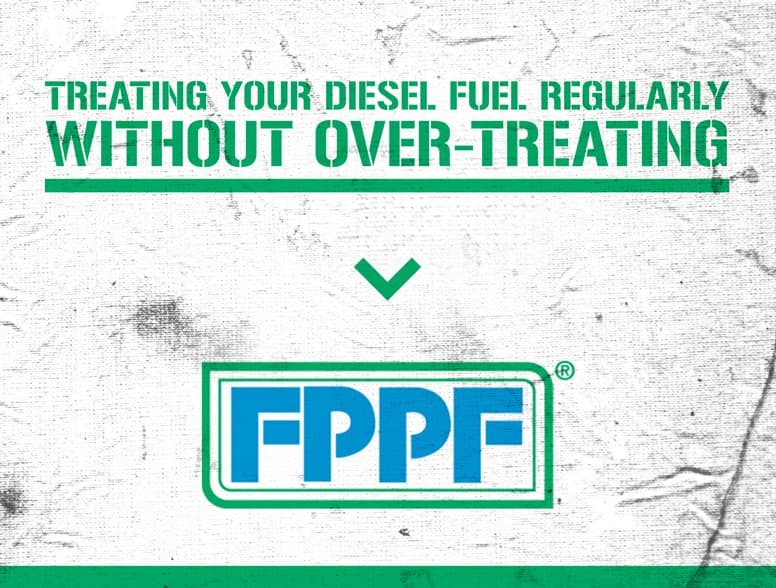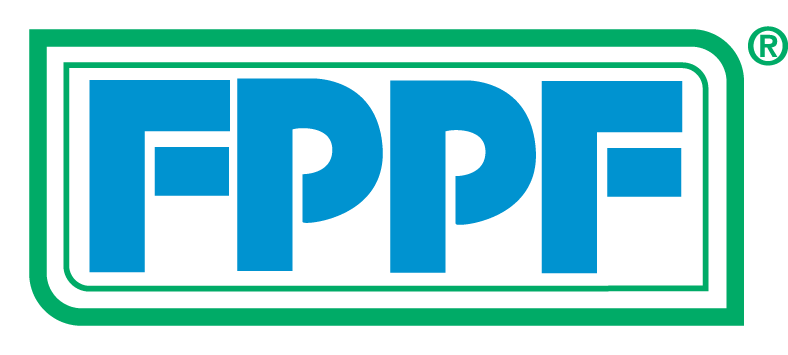fuel additive Company

Treating Your Diesel Fuel Regularly Without Over-Treating
Too Much of a Good Thing Can Be Bad
You can easily add too much of a high-quality diesel fuel additive. What happens when you over-treat your diesel fuel? Overdosing can lead to a whole new list of fuel and engine issues from clogged filters to overall decreased engine performance and efficiency.
If you’re losing lubricity, don’t over-treat. Adding too much of a lubricity improver can react with other various contaminants already in your fuel to cause a different fuel problem—clogged filters.
Treat Regularly Year-Round
Over-treating is more common during extremely hot and cold months. Often times, diesel drivers overcompensate for the harsh heat or cold driving conditions. But the active ingredients meant to increase fuel efficiency can have the opposite effect when too much additive is mixed in with diesel fuel.
It’s important to closely monitor how your fuel reacts to certain additives. And one of the keys to the success of FPPF premium fuel treatments is treating regularly and knowing how much treatment to add. Which is why every FPPF product has its own ratio specifications.
With that said, it’s difficult to over-treat with FPPF products. Our experienced team of product researchers and developers formulate each product under the assumption that it will be used generously.
Over-Treating Doesn’t Exist with FPPF
Generally, the flash point and viscosities of FPPF products are extremely similar to diesel fuel and heating oil. The combustibility of FPPF products is also formulated to be very similar to that of diesel fuel. Even if three times or more the recommended treatment quantities were added to your diesel fuel, you would not experience any ill effects. Note, however, triple dosage should only be used if extreme conditions arise and a persistent fuel issue is prevalent.
